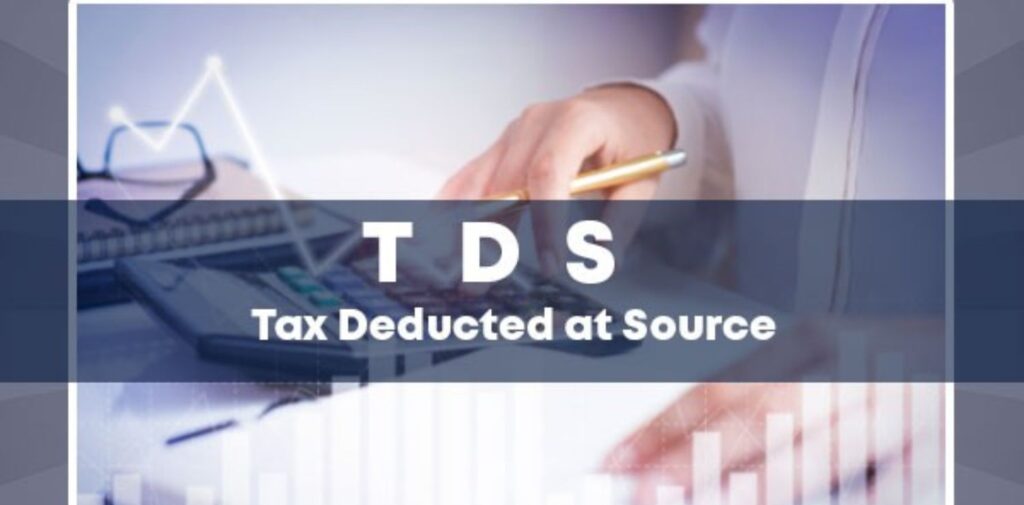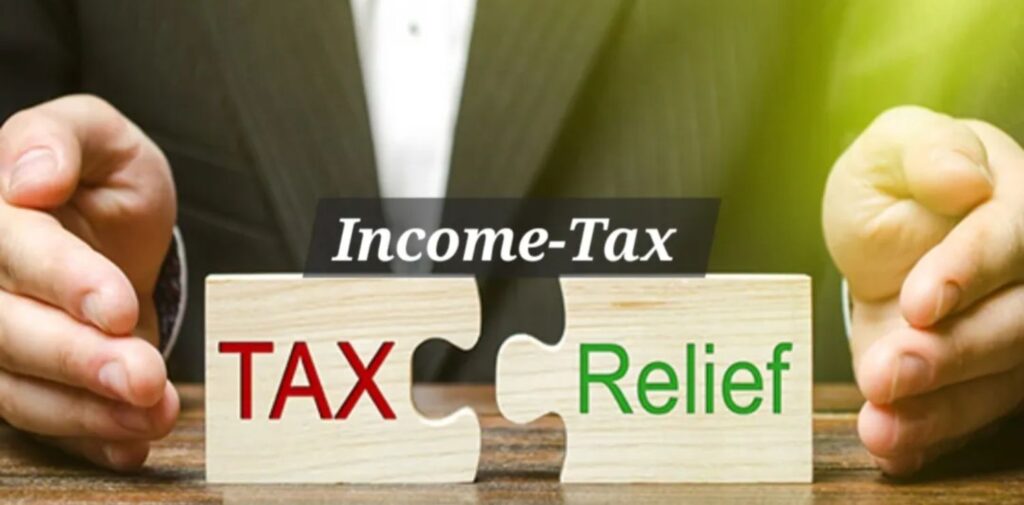In a move aimed at simplifying tax compliance and providing relief to taxpayers, the Indian government recently revised its guidelines regarding charges for defaulting on Tax Deducted at Source (TDS) payments. The Central Board of Direct Taxes (CBDT) has issued fresh compounding guidelines that reduce the burden on defaulters, making it easier to avoid harsh penalties and criminal prosecution for income tax offences. This article analyzes the implications of these new guidelines, particularly how they impact businesses and individuals, and examines the broader effect on India’s tax compliance environment.
Understanding the Basics: What is TDS?
Tax Deducted at Source (TDS) is a mechanism used by the Indian government to collect income tax at the source of income. It is deducted by the payer and remitted to the government on behalf of the payee. This system ensures timely tax collection and helps to reduce tax evasion. TDS applies to various types of payments, including salaries, interest, rent, and professional fees.

The Problem of TDS Defaults
Non-compliance with TDS regulations has been a persistent issue for businesses and individuals alike. In many cases, taxpayers fail to deposit the deducted amount within the stipulated timeframe, resulting in penalties. Defaults in TDS payments can lead to hefty fines and, in extreme cases, criminal prosecution. Section 276B of the Income Tax Act, which deals with TDS offences, prescribes imprisonment ranging from three months to seven years for defaulters.
New Compounding Guidelines: A Game Changer
In light of these challenges, the CBDT has introduced new compounding guidelines to reduce the burden on taxpayers. Under these guidelines, charges for TDS defaults have been significantly reduced, providing a sigh of relief for many businesses. The key aspects of the new guidelines include:
- Reduction in Interest Charges: The interest charges for delayed payments have been lowered to more manageable levels. For first-time defaulters, the interest has been reduced to 3%, while for repeat defaulters, it has been set at 5%. Previously, these charges were much higher, contributing to the financial strain on businesses that defaulted on TDS payments.
- Compounding of Offences: The new guidelines also simplify the process of compounding offences. Compounding allows taxpayers to avoid prosecution by paying a fee. The compounding charges have been structured to be more reasonable, and the entire process has been streamlined. First-time defaulters are now subject to lower charges, and subsequent offences are penalized proportionately.
- No Prosecution for Minor Offences: The revised guidelines offer relief to taxpayers by exempting minor TDS offences from criminal prosecution. If the unpaid TDS amount is below ₹1 lakh, and the taxpayer has voluntarily rectified the mistake before detection by the Income Tax Department, prosecution can be avoided. This provides an additional safeguard for small businesses that may have inadvertently defaulted.

Key Highlights of the New Guidelines
- Lower Charges for First-Time Defaulters: The interest for first-time TDS defaulters has been capped at 3% per month, a significant reduction compared to previous rates.
- Prosecution Waiver for Minor Offences: If the TDS default amount is below ₹1 lakh and rectified before detection, prosecution can be avoided altogether.
- Simplified Compounding: Taxpayers can now apply for compounding of offences by paying a fixed fee, which is now more affordable.
Impact on Businesses and Individuals
The revised guidelines have far-reaching implications for businesses and individual taxpayers alike:
- Ease of Compliance: The reduced charges and streamlined process make it easier for businesses to comply with TDS regulations. Small and medium enterprises (SMEs) often struggle with cash flow issues, leading to unintentional defaults in TDS payments. The lowered interest rates and simplified compounding process reduce the financial burden on such businesses, encouraging them to comply with tax rules without fear of severe penalties.
- Relief for First-Time Defaulters: First-time defaulters now have the opportunity to rectify their mistakes without facing exorbitant charges or the threat of imprisonment. This is especially important for businesses that may have defaulted due to a lack of awareness or financial difficulties. The new guidelines provide a clear distinction between inadvertent mistakes and deliberate tax evasion.
- Increased Focus on Voluntary Compliance: The government’s focus on voluntary compliance is evident in the new guidelines. By offering relief to those who voluntarily rectify their mistakes, the government is encouraging taxpayers to be proactive in addressing their defaults. This is likely to foster a culture of compliance, where businesses and individuals feel less threatened by punitive measures.
- Boost to Business Sentiment: The revised guidelines are expected to improve business sentiment, particularly among SMEs. The fear of facing criminal prosecution for minor defaults has been a major concern for businesses, and the new guidelines alleviate this worry. With the compounding process being more affordable and transparent, businesses can focus on growth without the constant fear of severe penalties.
- Positive Impact on Tax Revenue: While the guidelines provide relief to taxpayers, they are also likely to have a positive impact on tax revenue collection. By encouraging voluntary compliance and reducing the fear of prosecution, the government is likely to see an increase in timely TDS payments. The streamlined compounding process also ensures that defaulters can rectify their mistakes without resorting to litigation, which can be time-consuming and costly for both the taxpayer and the government.

Conclusion: Relief Against Income Tax
The government’s decision to reduce charges for TDS defaults and simplify the compounding process marks a positive step toward balancing enforcement with ease of compliance. By providing relief to first-time defaulters and encouraging voluntary compliance, the government is creating an environment where businesses and individuals can correct their mistakes without fear of excessive penalties. This move is likely to foster a more cooperative relationship between taxpayers and the tax authorities, ultimately benefiting both the economy and the government’s revenue collection efforts.




